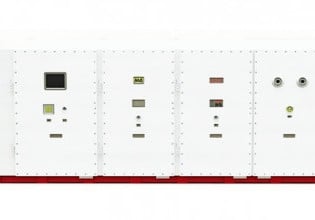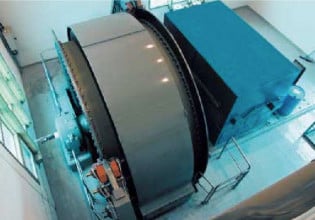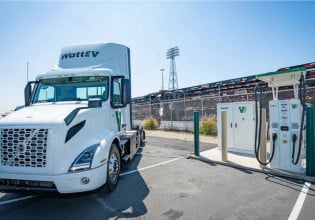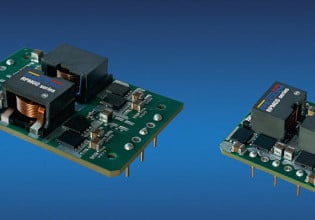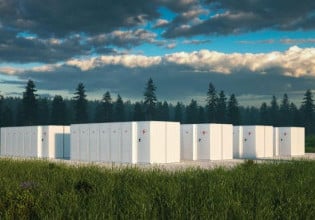Panasonic Starts Mass-Production of High-Capacity 3.1 Ah Lithium-ion Battery
Panasonic Corp. has developed a 18650-type high-capacity 3.1 Ah lithium-ion battery and began mass production of the battery this December. The new 3.1 Ah battery has a nickel positive electrode and an energy density of 675 Wh/L. The same type (18 x 65mm in length) of batteries are widely used in laptop computers.
According to Panasonic, demand for lithium-ion batteries is growing as a power source for mobile devices such as laptop computers and mobile phones because their high energy density and light weight properties are suitable for these applications. As such devices become more sophisticated and powerful, they require more robust and safer batteries that do not cause abnormal heating.
The company successfully achieved safety and high capacity by using its unique Heat Resistance Layer (HRL) technology that forms an insulating metal oxide layer between the positive and negative electrodes. The layer prevents the battery from overheating even if a short circuit occurs.
Capitalizing on this technology, Panasonic commercialized a high-capacity 2.9 Ah lithium-ion battery with a nickel positive electrode (energy density: 620 Wh/L) in 2006. Based on the cell construction with the nickel positive electrode and the HRL, the company added improvements to the battery and succeeded in developing the 3.1 Ah lithium-ion battery, said to be the industry’s highest capacity in the 18650-type.
According to the company, the new battery provides long-lasting power to laptops. This high energy density battery can also contribute to downsizing and weight reduction of portable devices. With adoption of the nickel positive electrode, the new rechargeable battery excels in durability in actual use and charge retention - the battery can be stored for a long period of time because of low self-discharge.


